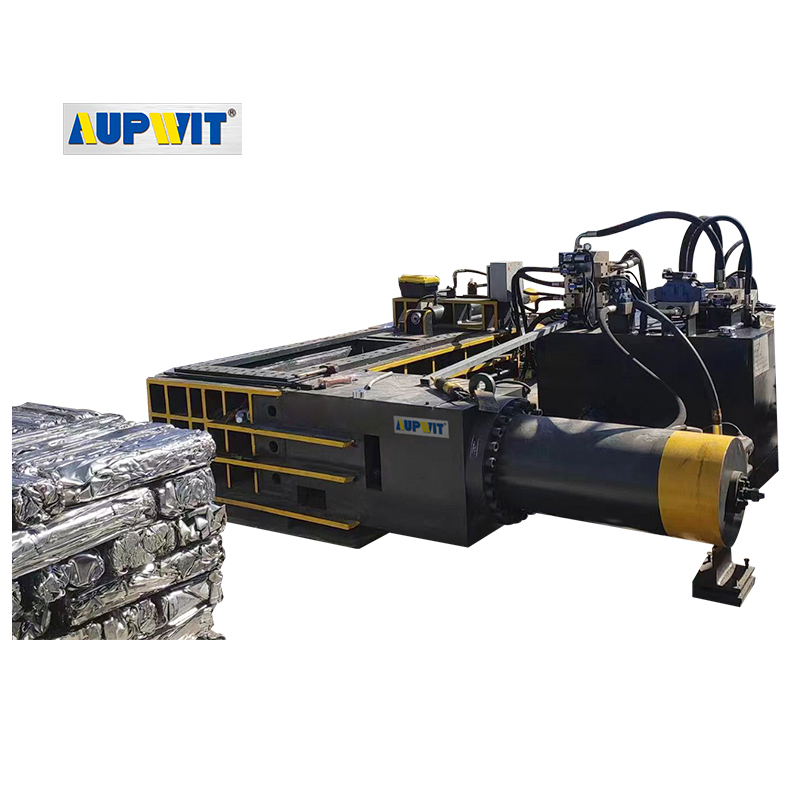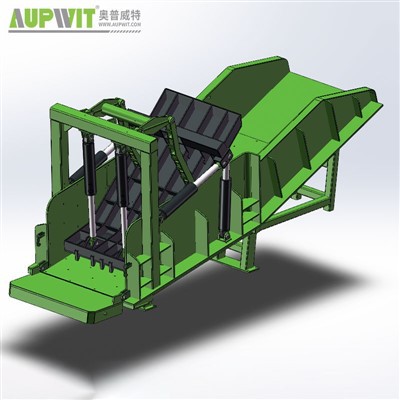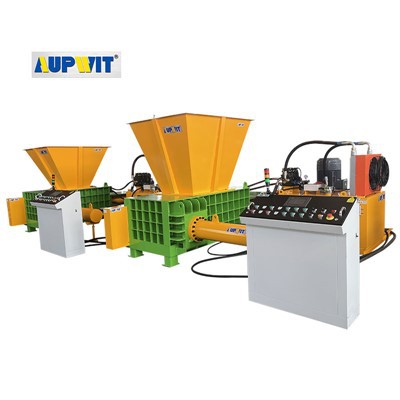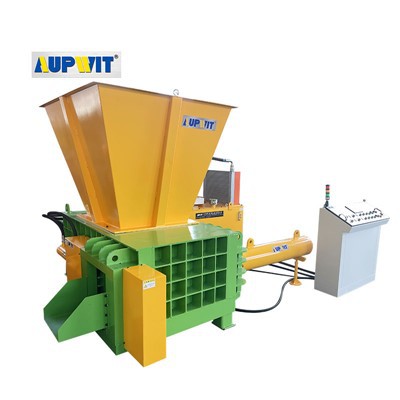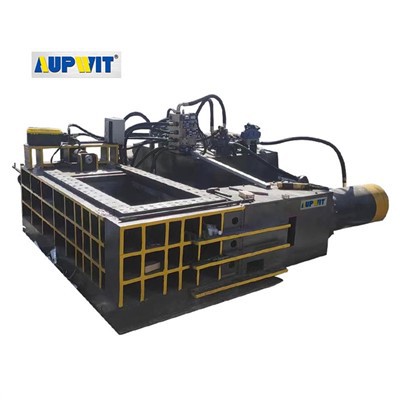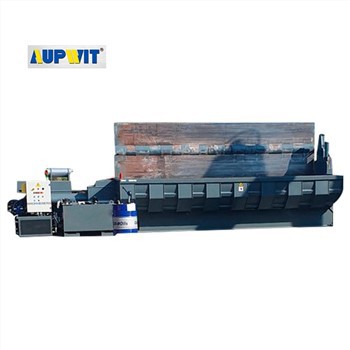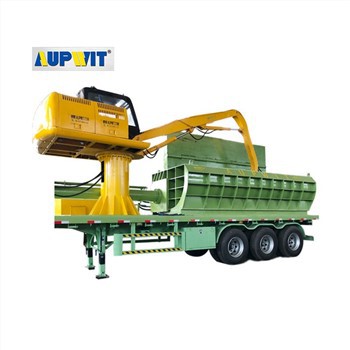Briquetting presses offer a multitude of benefits, making them indispensable in various industries.
Firstly, they significantly enhance material utilization. By applying high pressure, these machines compress loose materials like metal scraps, waste plastics, and agricultural residues into high - density blocks. This process reduces the volume of materials, facilitating easier storage and transportation. As a result, logistics costs are minimized, and the efficiency of subsequent processing, such as smelting or recycling, is greatly improved.
From an environmental perspective, briquetting presses play a crucial role. They effectively handle waste materials that are otherwise difficult to manage, reducing the amount of waste sent to landfills. For metal scrap briquettes, they simplify the remelting process, decreasing energy consumption and pollution during smelting, thus promoting resource recycling and sustainable development.
Economically, briquetting presses are highly cost - effective. These machines are designed with durable, wear - resistant materials and optimized structures, which minimize breakdowns and maintenance costs while extending their service life. Moreover, they can transform low - value waste into reusable raw materials, generating additional revenue for businesses.
In addition, briquetting presses are highly flexible and adaptable. Operators can adjust parameters such as pressure and mold shape according to different material characteristics and production requirements, enabling the production of briquettes in various specifications and shapes. With a wide range of available models, from small - scale machines suitable for small enterprises or laboratories to large - scale production lines for industrial use, they can meet diverse needs across industries, including metallurgy, chemical engineering, and agriculture.
Finally, modern briquetting presses feature increasing levels of automation. Equipped with intelligent control systems, they can automate processes such as feeding, pressing, and discharging, reducing manual labor and labor intensity. The precise control over the production process ensures consistent product quality, further enhancing production efficiency and a company’s overall competitiveness.
